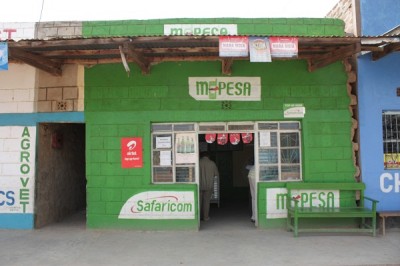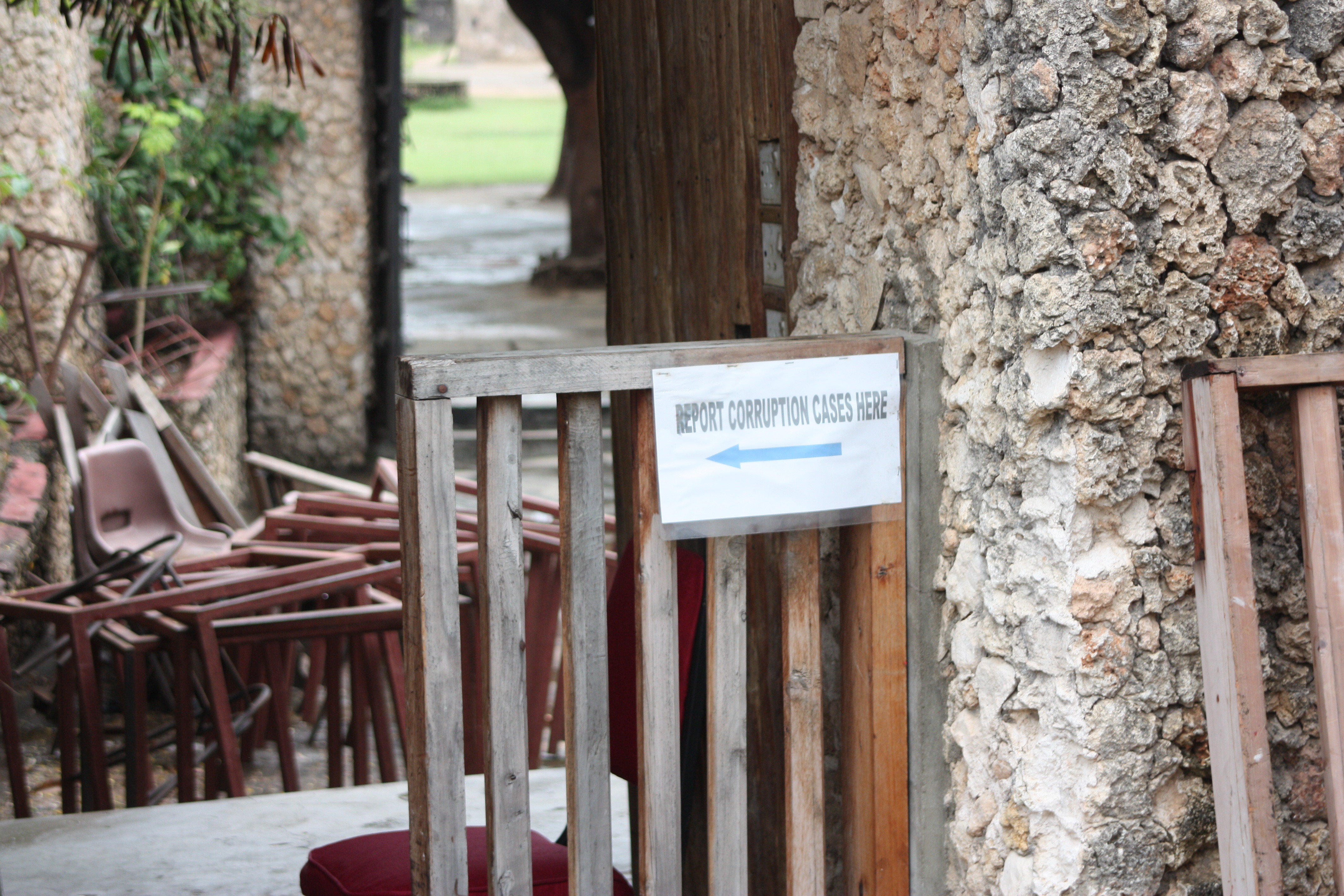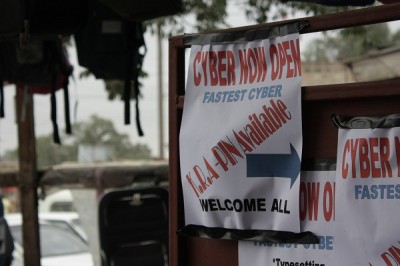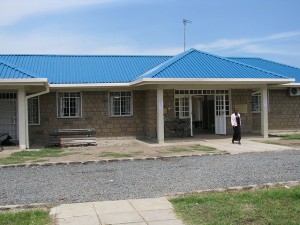Archive for the ‘Open Data’ Category
Regulation & Innovation – The Challenge for Governments
During the Internet Governance Forum conference held in Nairobi last September, Kenya’s head for e-Government Dr. Catherine Getao made an observation that probably holds very true in many places worldwide. Private sector innovations can happen in the absence of government policy but in many instances government can’t implement innovation in service delivery until legislation and policy is in place. This was in response to a comment I had made on the disparity between the rate of innovation adoption by government when compared to the private sector and the citizens.
Mobile money in Kenya provides a fairly good example of this. M-Pesa is not directly regulated under a full banking license but operates under a special dispensation from industry regulators. At public roll-out, the MPesa service allowed urban Kenyans, for instance, to send money easily and more safely to their rural folk. Service providers then implemented utility payments via mobile money and integration of mobile money with conventional banking services. Within 3 years, firms like PesaPal and iPay had emerged providing a bridge between mobile money and e-commerce. Services in this space are continuing to evolve every year.
Although I can send money, pay utility bills, buy goods and check my bank balance through my mobile phone, I still can’t pay government fees, taxes or levies on it. I still have to go to a bank like I did 5 years ago. Hence Dr Gitau’s comment alluding to the delay caused by the (usually long) wait for development of legislation to guide government adoption of new technology for service delivery.
So whereas mobile money was launched and has continued to evolve in an environment where regulation and policy was yet to be fully developed, the government was unable to leverage this technological gains for its own good. Mobile money in Kenya is a good example of how innovation preceding regulation can be good for the country. Although governments can create an environment for phenomenal progress (like Kenya’s has done), their inability to keep up with the momentum triggered by the private sector for service delivery (due to bureaucracy) is an example of how innovation preceding regulation can slow progress in eGovernance.
This is where the challenge lies for those designing the next generation of eGov services as well as the agencies/departments seeking to improve service delivery through ICT. A highly collaborative multi-stakeholder approach is, in my opinion, necessary to not only accelerate the rate of innovation but the speed at which governance frameworks evolve to cater for the emerging ‘new normal’.
From Open Data to Open Action
“The thing to remember is, Human beings do not socialize in a completely random way. There’s a tangible reason for us being together, that ties us together. Again, that reason is called the Social Object.” Hugh MacLeod
The Open Government Partnership declaration commits members to support civic participation in addition to making data on government activities open to the public. In Africa, Kenya made history as the first country in sub-Sahara Africa to implement an open data initiative giving citizens unprecedented access to valuable datasets. 40 countries, 5 of them African countries, have since signed up to the OGP and I believe they are at different levels of following through on the spirit of the declaration.
The value of open data to citizens is unquestionable. This year, Kenyan software developers have launched mobile apps that leverage open data to provide services to citizens. They have mostly been in the healthcare and agriculture verticals but services in education and entertainment have begun to emerge. These are very encouraging signals coming out of a country that only a decade or two ago made it almost impossible for citizens to know what the government was doing. These apps may not have been possible without access to the huge amount of data the government holds and is now making available to software developers.
However, we shouldn’t think of only mobile and the web when we talk about leveraging open data. “To turn raw data into ‘edible’ content that citizens can consume and make decisions with” should be the overarching objective for anyone looking to improve citizen participation in governance through open data. This edible bits of content should be easily consumed on the now ubiquitous mobile devices in Africa as well as on old fashioned news print and billboards. Jyri Engestrom refers to social networks as “object-centered sociality” meaning people connect because they have a reason to and that reason is usually an object (in the loose sense of the word). Moving from mere intentions to action may start with little more than an object (physical or otherwise).
The Digital Divide and the Road to e-Government
Approximately one in every four Kenyans has access to the Internet (Julisha ICT Market Survey, CCK sector statistics ) and half of them get this access at the cyber café. Cybercafe’s therefore play a big role in how Kenyans get online despite the large numbers of mobile internet subscriptions in the country. The vast majority of these Kenyans live in large urban centers or in close proximity to them. These are important facts to keep in mind as the Government and private sector actors push towards the Internet as a channel for service delivery for all.
Government (the democratic sort) is by definition inclusive therefore services offered by democratic governments are predicated on the simple premise that government CAN deliver services to ALL. This is why bridging the digital divide and e-government are joined at the hip. This premise of inclusiveness is a great place to start any conversation about e-governance but also provides a long term challenge to governments in emerging economies/democracies that are implementing e-government strategies for their people. African governments are making progress towards implementation of e-government with countries like Kenya taking transparency online through open data. The Kenyan government also created in 2004 a government department that coordinates e-governance and reports to the Cabinet. Its view on e-government’s role and one of the predetermined goals is articulated on its website as;
“encourage participation of citizens in Government and empower all Kenyans in line with development priorities…” www.e-government.co.ke
The government of Rwanda has won a Technology in Government in Africa Award three times since their launch in 2007 because of its focused implementation of e-government strategy especially in the area of public service delivery.
So what should remain top-of-mind for those developing policy and strategy for e-government in Africa in view of the challenges of maintaining inclusiveness?
- Continued investment in infrastructure. Any conversation about last-mile connectivity within the context of telecentres and cybercafés is of course restricted to facility level infrastructure. However, this infrastructure is for the most part transparent to those sitting behind the keyboard. In addition to the last mile, we need infrastructure that brings connectivity to the citizens finger tips. This is includes actual telecenter/cybercafé facilities that deliver internet services to the people. Incentives such as low cost loans can spur private sector investment in these facilities in places where they don’t exist in sufficient numbers. The Kenya ICT Board has a loan program for telecentre entrepreneurs called the Digital Villages Project or Pasha which is currently in its second cycle. An additional parallel program should be considered to put telecenters in areas where nascent demand exists but return on investment is low at best making them unattractive to investors.
- Caps on pricing of e-government services. A tour of cyber cafes across parts of Kenya earlier this year revealed that it costs more to get a KRA pin in rural areas than it does in the large cities. At KSh200 in Mbumbuni and KSh100 in Mombasa the pricing is skewed in favor of those within walking distance of government offices. Of course walking there may not do you any good as services like those offered by the Kenya Revenue Authority are 100% online (unless KRA invests in some kind of cyber banking hall?). Pricing for e-government services at cybercafés is currently set by the market so capping it at a more accessible level would keep the services within reasonable reach of the masses.
- Incentives for private enterprise – In areas where private enterprise lacks the incentive to invest in last-mile infrastructure or facilities (telecentres/cybercafés/digital villages et al), an incentive policy should be considered such as subsidies on Internet bandwidth, low cost space in government buildings or free technical support to encourage private sector players to make the necessary investments. Invariably, cybercafés play an intermediating role in the provision of these services by providing education and set up for customers. Incentivizing this and encouraging them to keep the services available ensures that the majority who will access e-government services in these places remain included.
Government efforts to ensure the survival of cybercafés through regulation, incentives and price caps should also take into consideration the existing free market environment in order not to create an unfair advantage for a few players.
This is by no means an exhaustive list as there are other considerations that should be given a high share-of-mind. These three, not necessarily listed in order of importance, are simply those I have pondered about in the last few weeks. I’d love to hear more and your opinion of course.
Will Open Data Give Rise to Great Stuff?
There’s a health center in my village. I don’t know how many health care workers have been assigned to it, how much money it was allocated in the last fiscal year, how many people it serves or who’s in charge. I don’t know what the mortality rate is in my county or how we measure up when compared to the neighboring counties. If nothing changes, I probably never will.
Tweet


